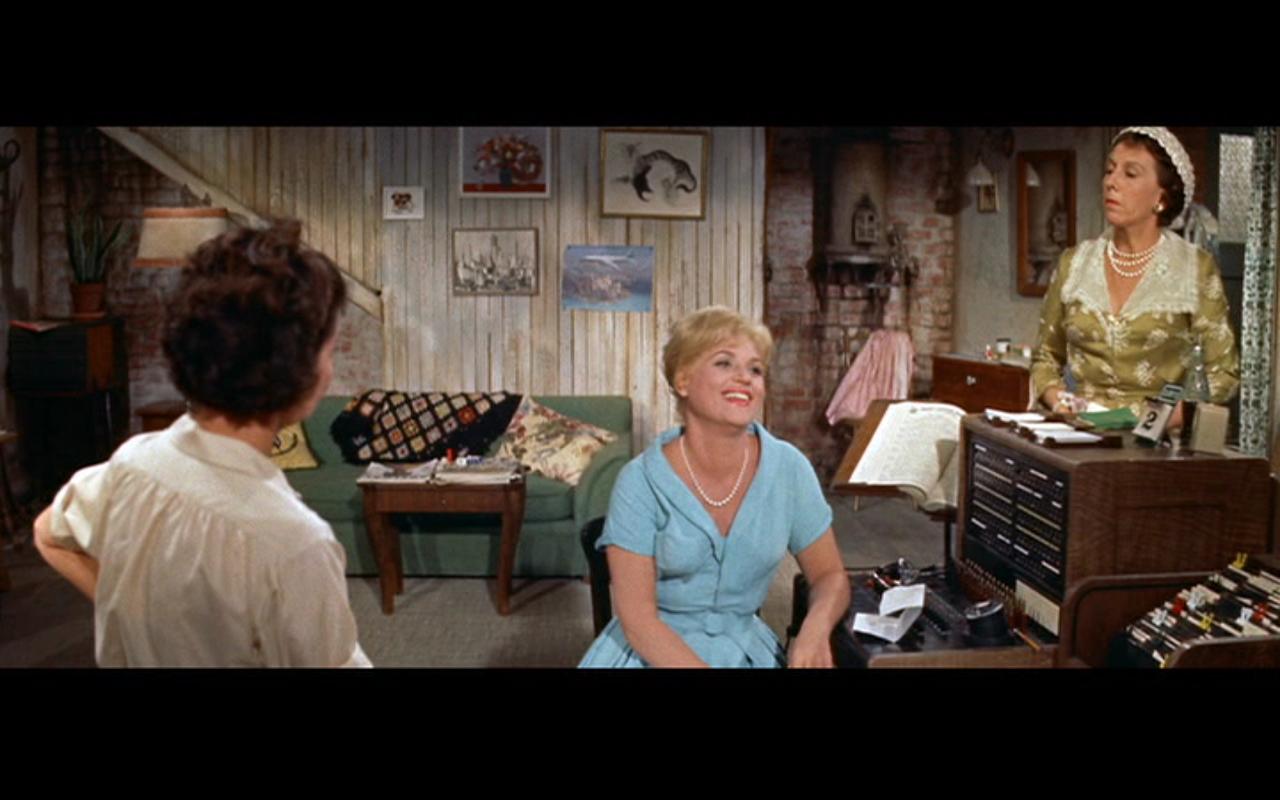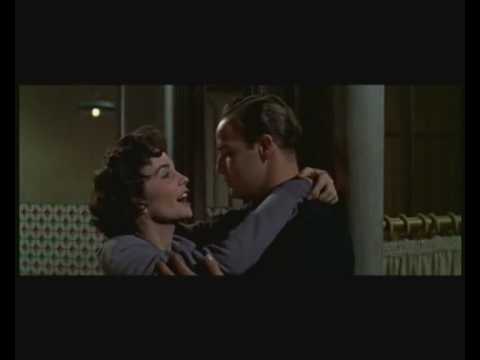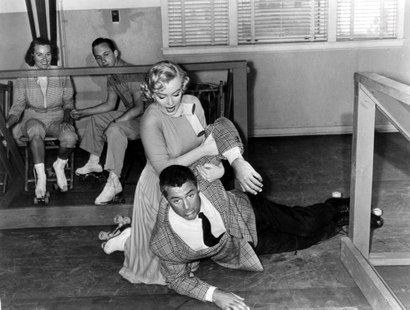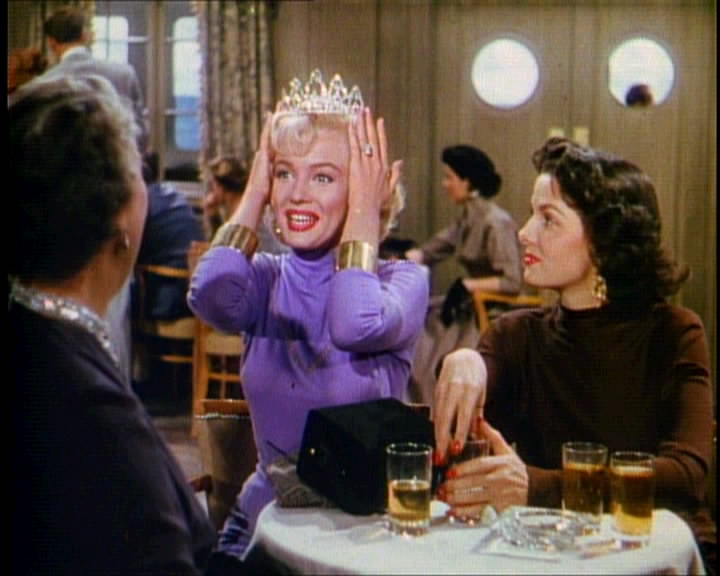From Cinema Scope No. 34, Summer 2005. — J.R.



As an avid collector of Hollywood musicals, I’ve recently been checking out which items in my collection with optional French dialogue also have French versions of the songs. My father used to teach himself foreign languages by reading translations of some of his favorite English and American novels (e.g., Light in August in German). It’s recently occurred to me that watching favorite Anglo-American movies with foreign subtitles —- something closer to reading a bilingual text —- might also be helpful, though watching a foreign-dubbed version undoubtedly helps even more when it comes to improving one’s speaking knowledge of a particular language. This is one of the many resources afforded by DVDs that most people ignore, myself included. Just as it never occurs to most North American DVD watchers to spend the minimal amounts of time and money needed to acquire a multiregional player and order DVDs from abroad, the linguistic extras available on a good many DVDs slip past most people’s ken because taking advantage of them lies outside their usual habit patterns.
In any case, once I started examining the fine print on the boxes of the musicals in my collection, I discovered that optional French dialogue is fairly common, though whether this includes French versions of the songs is something one can only learn by playing the DVD. Read more
From the Chicago Reader (December 2, 2005). Also reprinted in my collection Goodbye Cinema, Hello Cinephilia. — J.R.

This weekend the Gene Siskel Film Center launches “Merry Marilyn!,” a Marilyn Monroe retrospective, starting with two pivotal Howard Hawks features, Monkey Business (1952) and Gentlemen Prefer Blondes (1953). The series will include most of her major films at Fox as well as Some Like It Hot (1959) and The Misfits (1960).


By coincidence Playboy this month is publishing a package of stories about her final days and death. The magazine is reviving the popular conspiracy theory that Monroe’s reported suicide in August 1962 was murder, the consequence of her secret affairs with John and Bobby Kennedy. If, like me, you’re less interested in how she died than in how she lived, the most interesting part of this package is an inexact transcript of the freewheeling confessional tape recordings she made for her psychiatrist, Ralph Greenson, a few weeks before her death. Greenson had asked her to free-associate during their sessions, but she found that difficult. Then she discovered that she lost her inhibitions when she was by herself speaking into a recorder. Shortly after her autopsy Greenson played these tapes—once, in his office—for Los Angeles County deputy district attorney John Miner, who like him was skeptical that Monroe had been of a mind to kill herself. Read more

Full disclosure: Gerald Peary’s 80-minute documentary accords me two sound bites — one near the beginning (about Manny Farber), the other towards the end (about internet criticism) — and one lingering look at this web site (specifically, my 2005 essay about Susan Sontag).
Overall I’m fundamentally in agreement with David Bordwell’s verdict about this film on his own web site, after seeing it recently in Hong Kong: “In all, For the Love of Movies offers a concise, entertaining account of mass-market movie criticism, and I think a lot of universities would want to use it in film and journalism courses.”
I’m writing this in one-sentence paragraphs because that’s pretty much Gerry’s discursive style and manner here, largely carried by the narration (delivered by Patricia Clarkson), for better and for worse. So — to expand my own discursive style here into two sentences, one of them fairly long — in the two or three minutes devoted to Manny Farber, unless you’ve already read and digested a couple of his key articles, you might wind up concluding that “termite art” has something directly to do with “low-budget crime melodrama,” even though snippets of Farber’s prose and a couple of lines from a late onstage interview are also included. Read more







